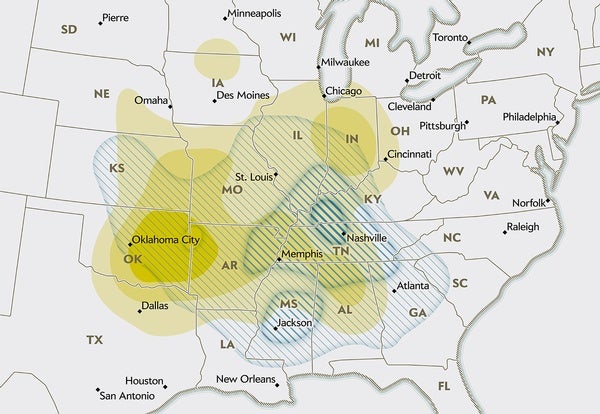 |
| May 11, 2023 |
 |
| |
| |
| |
| |
| |
| Fossil Fuels New EPA Rules Would Slash Power Plant Emissions The EPA has announced new draft rules that would require power plants that burn fossil fuels to capture 90 percent of their climate-warming emissions | | By Jean Chemnick,E&E News | | | |
| Artificial Intelligence How AI Knows Things No One Told It Researchers are still struggling to understand how AI models trained to parrot internet text can perform advanced tasks such as running code, playing games and trying to break up a marriage | | | | |
| |
FROM THE ARCHIVE
 | | | |
| |
LATEST ISSUES
 |
| |
| Questions? Comments?  | |
| Download the Scientific American App |
| |
| |



